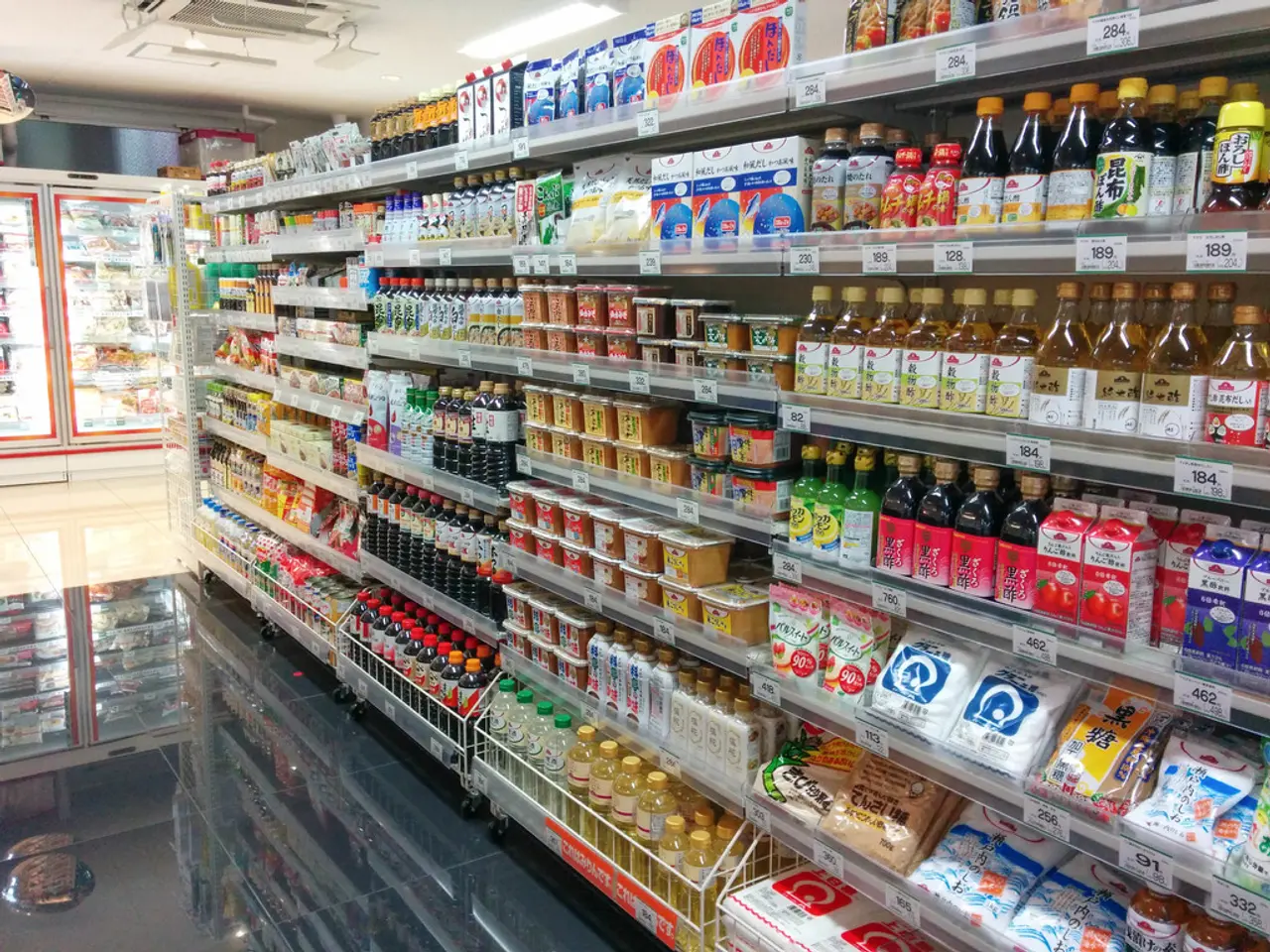Delivery services like Uber and DoorDash, operating in New York City, are now legally obligated to pay their workers a minimum wage.
New York City Raises Minimum Wage for Food Delivery Workers
In a groundbreaking move, New York City has enacted a new minimum wage for food delivery workers, marking the first such policy in the U.S. The new minimum wage, set to take effect on July 12, 2023, will be $17.96 per hour, a significant increase from the previous average base pay of approximately $4.03 per hour after expenses.
The new policy follows legislation passed by the city council in September 2021, which mandated a study of delivery driver working conditions and ushered in new protections. However, the policy has been met with criticism and concern from delivery companies such as Uber, DoorDash, and Grubhub, who fear that the new policy will require them to raise prices and result in less schedule flexibility, potentially harming both consumers and workers.
Delivery companies in New York City will have the option to pay the minimum wage per trip, per hour worked, or according to their own formulas, as long as their workers make the minimum pay rate. The minimum wage for food delivery workers will rise to $18.96 by April 1, 2024, and $19.96 per hour in 2025.
The new minimum wage for food delivery workers in New York City, at $17.96 per hour, will still fall short of meeting minimum wage after driver expenses, according to Comptroller Brad Lander's office. This is a concern shared by many delivery workers, who are personally responsible for their own expenses, including healthcare bills and e-bike purchase and maintenance.
In response to the new policy, delivery companies have expressed their disappointment. Grubhub stated that the final rule will have serious adverse consequences for delivery workers in New York City, while DoorDash called the policy "deeply misguided" and is exploring "all paths forward-including litigation." Uber's spokesperson, Josh Gold, stated that the city is lying to delivery workers and wants apps to fund the increase by eliminating jobs, reducing tipping, and forcing workers to deliver orders faster.
Despite these concerns, the new minimum wage for food delivery workers in New York City is a significant step towards addressing the dangerous and ill-compensated nature of their work. Food delivery workers in New York City have one of the deadliest jobs in the country, according to 2021 data from the Bureau of Labor Statistics. Traffic collisions are common, and attacks and assaults, often motivated by bike theft, are an unfortunate reality for many delivery and gig workers.
The new policy for food delivery workers in New York City is the first of its kind in the U.S. Seattle City Council passed similar wage minimums for food delivery workers in June 2022, but the law does not take effect until January 2024. The current minimum wage for app-based food delivery workers in New York City is $21.44 per hour, excluding tips, as of April 1, 2025, following a law passed in mid-2025 that expands coverage and protections, including for grocery delivery workers, and requires a minimum pay rate of $21.44/hour. The delivery platforms must also provide a 10% tipping option and pay workers within seven days after the pay period ends.
This represents a substantial increase in guaranteed base pay for delivery workers, moving from a low $7.09 per hour (pre-tip) to a legally mandated minimum above $21, thereby reducing reliance on tips to earn a living wage.
- Gizmodo reported on the future of technology in the lifestyle sector, focusing on the recent policy change in New York City.
- The technology industry is closely monitoring the general news of the new education-and-self-development initiatives aimed at tech professionals in the city.
- With the rise of minimum wage for food delivery workers, tech companies like Uber and DoorDash are exploring changes in their tech systems to accommodate the costs.
- Criticism from tech companies has sparked a debate about the impact of the policy on the future of the technology industry in New York City.




